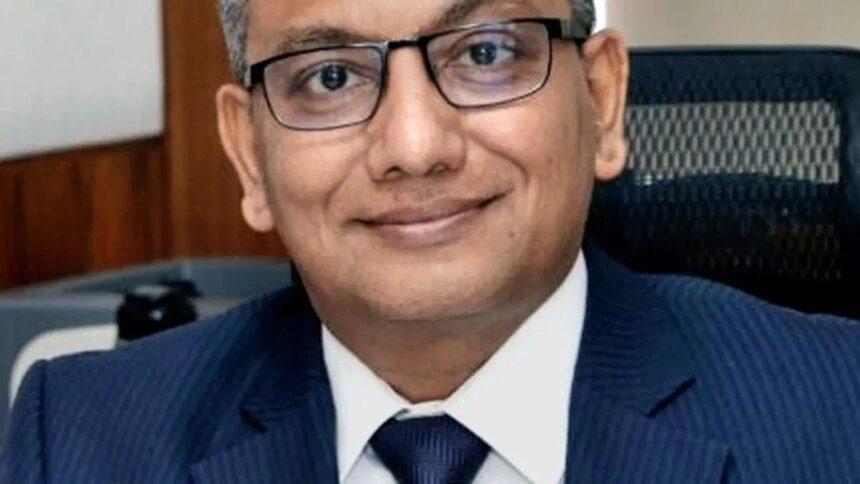BSE Managing Director and CEO Sundararaman Ramamurthy
BSE Managing Director and CEO Sundararaman Ramamurthy noted that while the SME fundraising framework has gradually developed since its inception in 2012, recent trends and compliance challenges indicate a need for more robust guidelines.
“Drawing from experiences and suggestions, numerous modifications have been made autonomously by both the exchange and the regulator. For further enhancement, specific issues are now being actively considered,” he explained to businessline.
One of the proposed changes would mandate that issuers reveal private agreements with merchant bankers regarding issue costs and funding to enhance transparency. The exchange is also considering restrictions on SME investments made by AIFs connected to merchant bankers, aimed at minimizing conflicts of interest.
Control of Merchant Bankers
A significant alteration may involve the management of IPO proceeds. Currently, merchant bankers have control over access to escrow accounts where funds are held. SEBI has identified several instances of misuse, particularly in cases involving Synoptics Technology, Varyaa Creations, and their associated bankers, and is investigating nearly 20 SMEs for similar potential abuses, as per sources familiar with the situation.
Another recommendation involves replacing the existing deviation certificate with a more comprehensive utilization certificate and requiring the appointment of a monitoring agency for all SME issues to ensure better oversight of fund usage. Stricter eligibility criteria for merchant banker registration are also being discussed.
Ramamurthy stated that these reforms are consistent with the sector’s growth. Since the BSE SME platform was launched, over 615 companies have successfully raised approximately ₹11,300 crore, with more than ₹8,100 crore mobilized in just the last five years. “SMEs play a crucial role in India’s growth narrative. As their involvement deepens, the fundraising framework needs to evolve accordingly,” he remarked.
Enforcement and Compliance
To date, around 186 companies have transitioned to the main board, while 55 have faced suspension or delisting. Stricter enforcement and regulations are being implemented to foster healthy SME growth and ensure that only reputable companies enter this space.
Ramamurthy emphasized that SMEs, unlike larger corporations, often lack the necessary experience in compliance and governance, making support from exchanges, regulators, and merchant bankers crucial. The BSE has collaborated with state agencies and industry organizations to provide education to promoters on governance and disclosure practices.
Furthermore, he stated that SME IPOs are not targeted at small retail investors.
“This segment is designed for investors capable of assessing risks and for anchor-type investors who are prepared to maintain their investments over the long term.”
If accepted, the proposed changes would represent another layer of regulation in the SME IPO sector. The regulator has already tightened listing, eligibility, compliance, disclosures, and migration norms to the main board over the past year.
Published on September 14, 2025










